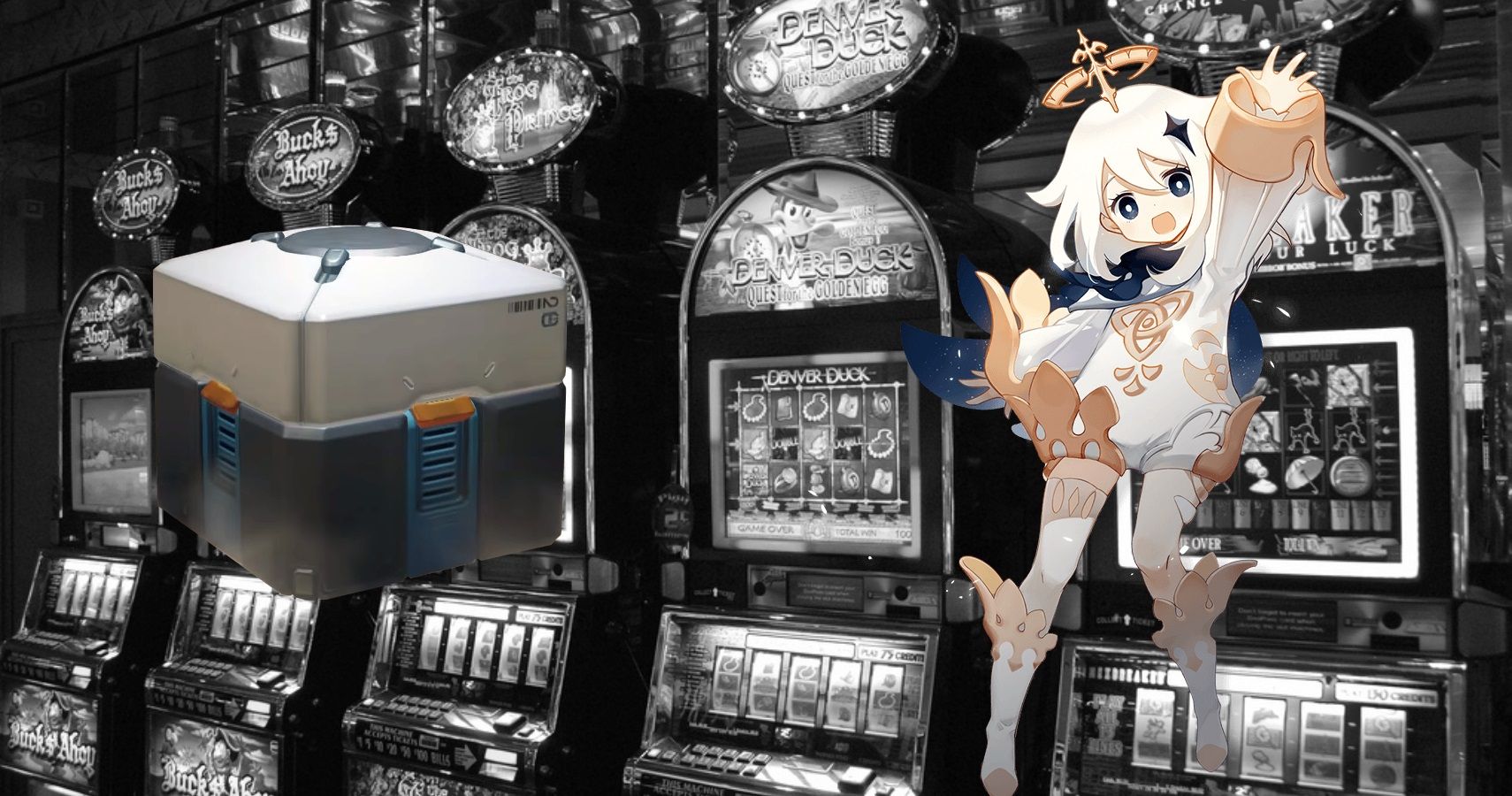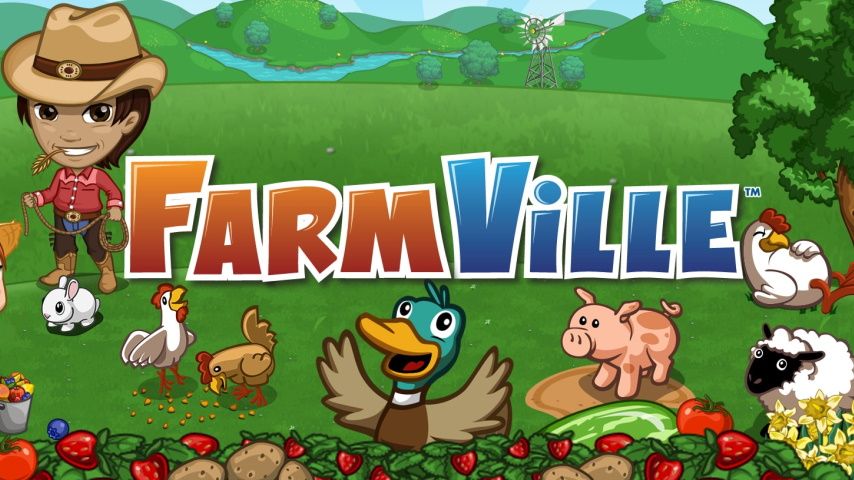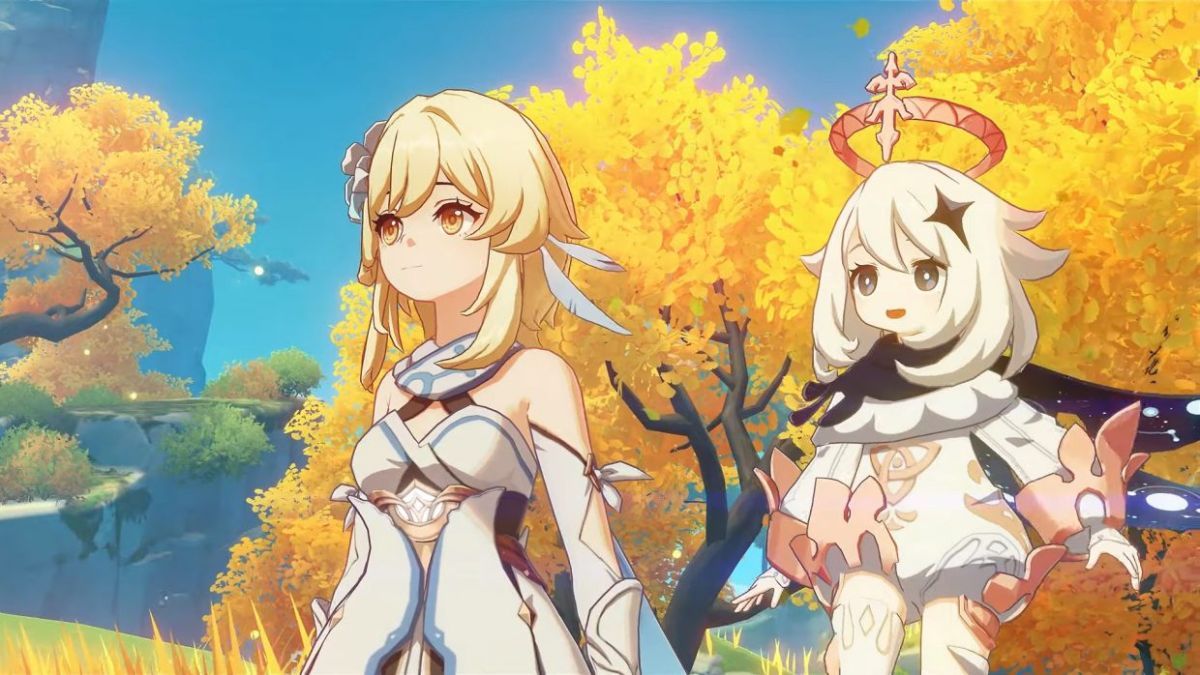In the 2010s, larger game companies started to bundle online passes in with their marquee releases. These passes were essentially DLC vouchers - codes that you plugged into PSN or Xbox Live to gain access to certain features of games.
While this sounds innocuous enough, it was anything but. Features like online multiplayer were often gated off behind online passes, and games like Batman: Arkham City locked single-player content if players didn't have one. If you were "unlucky" enough to get a second-hand copy of a game, you'd have to shell out anywhere from $10-$20 bucks just to play certain parts of a game - not to mention work around the wonky digital storefronts we were using back then.
So, what happened? Easy: enough people got mad about it. After a few years of consumer outrage, as well as iconoclasts like Jim Sterling speaking out against the practice, online passes went the way of the dodo from 2013-2014. Companies realized that it wasn't worth the effort to keep up the unpopular practice, and console manufacturers like Sony outright forbade the practice. It was a rare win in the ongoing battle between publishers and consumers - a moment where the industry actually started to feel less predatory.
Unfortunately, online passes were just an appetizer. The real threat to player wallets was already simmering in the pot, and within years, it would be dished out across the entire industry. That dish?
Gambling.
How Did We Get Here?
In 2004, popular MMORPG MapleStory introduced gachapon tickets. For 100 yen, players could get a ticket that let them participate in a lottery, where they could win cool prizes to show off to other players. Then, three years later, Chinese MMO Zhengtu attempted a bold new strategy - letting players get in for free, then recouping development costs through gambling. It was a rousing success - within a year of release, Zhengtu generated had $15 Million USD per month.
But why?
"[Players] weren't able to buy top-end PCs, they weren't able to afford all these $50 or $60 games, and that's why internet cafes were huge back then, and still are, in terms of just being able to sign on and play an online game," analyst Daniel Ahmad told Rolling Stone in 2017. "Piracy was also huge back in the day, and the way around that was just releasing games for free, and then putting in content that people want to buy."
A 2007 piece by Cao Yunwu painted a grimmer picture of Zhengtu during the height of its popularity.
"This is a game well-suited to the rich," the article states. "In this world, the authority to bully others and the legal right to harm them are both for sale."
Zhengtu's success was controversial, and the game made headlines for its transparently predatory practices. But criticism meant nothing in the face of cold, hard cash, and the game continued to reap massive dividends and has stayed online to this day. Its success also proved to be the proverbial spark in the powder keg, as gacha mechanics found their way into more and more games throughout East Asia.
In 2012, the Japanese mobile game Puzzles & Dragons became the first gacha title to make over $1 Billion USD in profits. That rousing success proved that this new model was not only here to stay, but would likely be one copied by more and more publishers in the coming years. However, despite some critics' eagerness to blame our current gacha landscape on Asian countries, the fault arguably doesn't lie there.
Instead, it lies with Facebook.
Journey To The West
A 2013 study showed that 54% of Facebook games contained gambling elements.
These games, almost universally casual in nature, gave players the chance to progress faster or get cool loot via gambling. Want to upgrade your farm? Gamble. Want to boost your mafia gang? Gamble. As long as a game had a catchy hook and a decent enough art style, publishers could run roughshod over their playerbase in exchange for cash. Companies like Zynga, whose profits sagged from 2011-2012, saw a revelation in the concept of hooking players with gambling and keeping them on as perpetual pay pigs.
But they weren't the only ones. Companies like Valve, Activision, and EA began to experiment with this model, often specifically citing Facebook's success as the reason for this new endeavor. Team Fortress 2 went free-to-play in 2010 and introduced gambling. 2012's Mass Effect 3 added in gambling to offset multiplayer development costs. 2014's Call of Duty: Advanced Warfare gated unique weapons and skins behind randomized "supply drops." 2016's Overwatch saw massive success in locking practically all of its marquee character skins behind gambling. And, most notoriously, 2017's Star Wars Battlefront II was a controversial dumpster fire of randomized gambling mechanics.
As gaming went into its next generation, so too did the ways companies were willing to nickel and dime their customers into poverty.
The rest is history. Today, gacha games are the law of the land, and a more or less accepted practice among the community. Mobile games like Fate/Grand Order and Granblue Fantasy are fueled almost entirely by randomized character drops, and bigger titles like Genshin Impact have begun to gate progress in open world RPGs off behind gambling.
Not paywalls - gambling.
That's not okay.
Gambling Has No Place In Gaming
It's become common practice for companies like Blizzard and EA to bring aboard neuroscientists and psychologists to help advise them in game development. While this wasn't unheard of in the past (for example, Bungie apparently utilized it to gauge kill output for Halo's multiplayer,) the contemporary use of these experts has largely become in service of one thing: addiction.
Premium currencies, cute anime girls that say nice things to you, loot boxes that glisten and explode when you open them... these are things designed to not make us think about how we're spending money in games. They're systems put in place to ensure that a company has perpetual customers, regardless of how ethically dubious that may be. We convert our hard-earned money into fake currency, which we're goaded into doing by banners that promise us the best bang for our buck. Once we have that currency, we then gamble it away for a chance at getting a fancy JPEG or a cool costume.
By that point, our money's already gone, so what else can we do with it but to gamble?
In 2010, the concept of gambling to progress in a video game would've set the world on fire. There would've been thousands and thousands of forum posts, angry petitions to companies, and mass boycotts. That was how the Chinese public saw Zhengtu, actually - as a threat. Some players described the game as something that made them angrier and more bitter.
"Why should a doctor want to kill a teacher? Why does someone who is a cop in real life want to harm others in a game?" a player told Cao Yunwu in 2007. "Why is there such enmity between strangers?"
Today, we're more forgiving to these games as an industry. The era of being outraged at gaming companies over terrible monetization practices feels quaint at this point. We shrug and go, "eh, at least this one isn't as bad as the others," and continue to treat these mechanics' existence like they're a worthwhile and valuable part of the industry.
Here's the thing, though: they shouldn't be. The very existence of gambling in a video game is an insult to the medium, and cheapens this entire industry into one of tawdry, predatory chicanery designed to get its hooks in customers and bleed them dry. Whether you're playing something for free or something that you spent seventy bucks on, it's a brazen and predatory act to insist that players gamble to get more content. Imagine going to a movie, then gambling for a chance to see an actor on the screen. Ridiculous, yeah? Well, that's what we're all doing, and acting like it's a normal thing all the while.
As a community, we need to stop getting incensed about trivial shit and focus on the things that actually affect our wellbeing. If we don't, things are going to get worse and companies are going to find new and exciting ways to screw us out of our money.
But hey - maybe that's a gamble that you're willing to make.
1 Out Of 10 Children Go Into Debt Over Loot Boxes, Says Study




